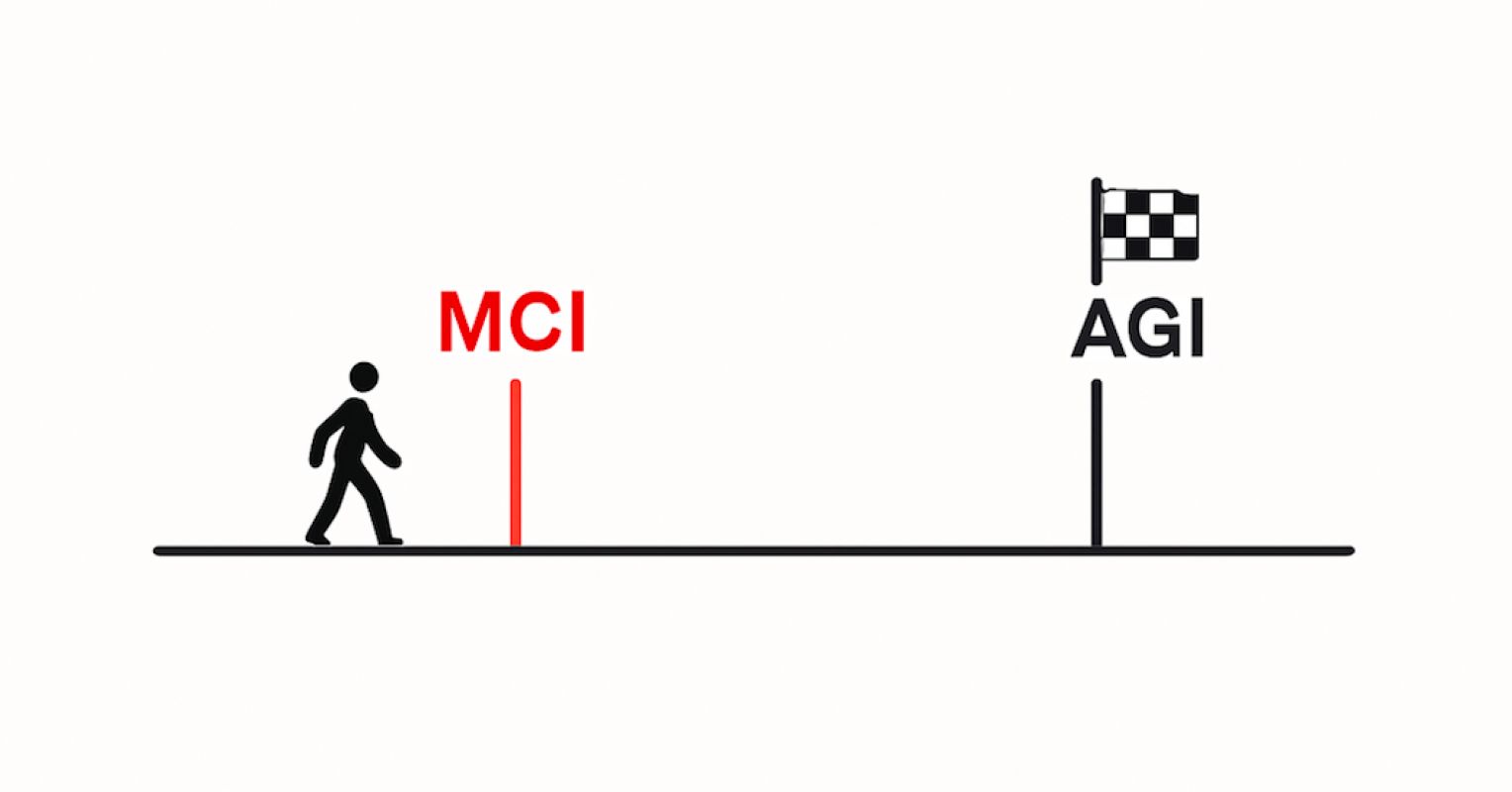
"Picture a student who once loved to write. Now every essay begins with a prompt typed into a large language model, and every paragraph is polished and feels almost perfect. The grades are still high, but something's different-the words no longer feel like theirs, and the confidence in their own thinking is quietly dissolving. I believe that this may be one of today's most important issues."
"As we chase artificial general intelligence (AGI), we may be running past something far more important, and that's our own ability to think. For years, AGI has been treated as the finish line for AI. That's the day when AI stops just predicting the next word and starts thinking like us and even beyond us. My sense is that the more urgent question isn't when the machines will cross the AGI threshold but whether we've already crossed ours."
"I call this threshold Minimum Cognitive Integrity, or MCI for short. It's not a metric or a data point. It's a philosophical line, the point below which we surrender enough of our intellectual footing that our agency itself is compromised. MCI is what keeps us in the driver's seat of our own cognition. Above it, we still direct our thinking, and we choose what to think and wonder about."
A student who once loved to write can become dependent on language models, producing polished essays that feel alien and erode confidence in personal thinking. Reliance on AI can shift cognition from active agency to passive outsourcing, gradually replacing curiosity and initiative. Minimum Cognitive Integrity (MCI) marks a philosophical threshold where sufficient outsourcing compromises human agency and cedes the driver's seat of cognition to machines. Below MCI, machines not only answer questions but shape which questions are asked. Restoring cognitive agency requires choosing friction, asking better questions, and taking breaks to reclaim independent thought.
Read at Psychology Today
Unable to calculate read time
Collection
[
|
...
]